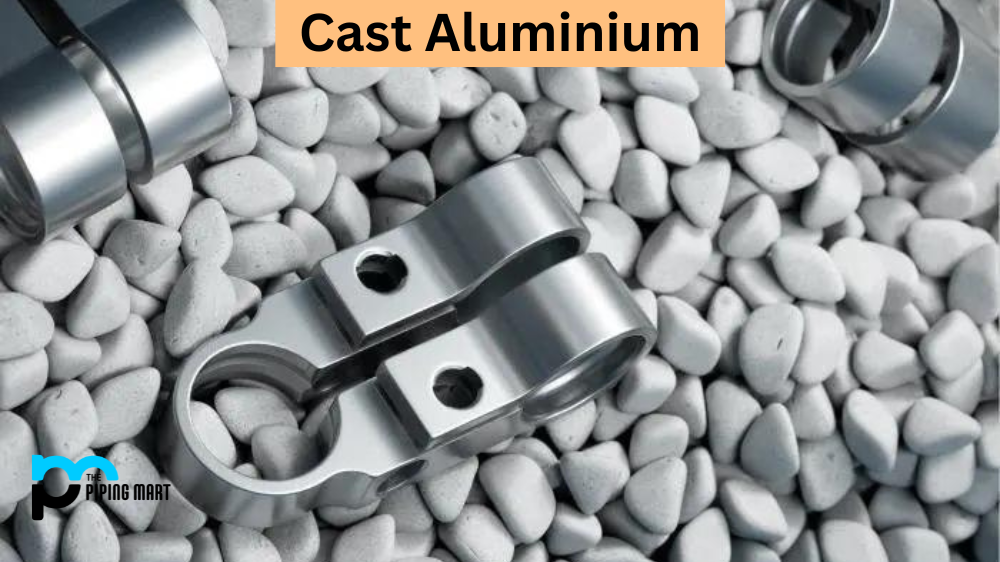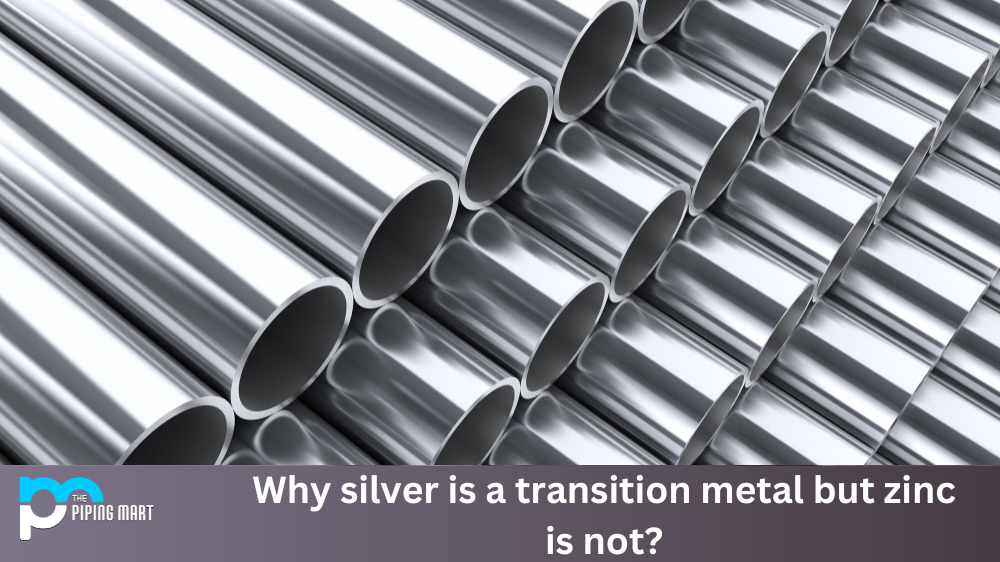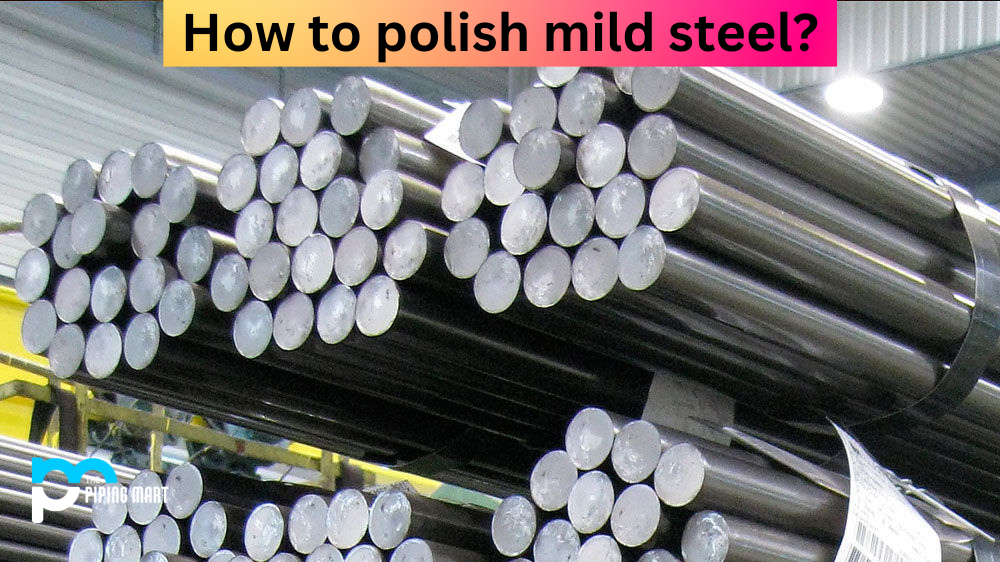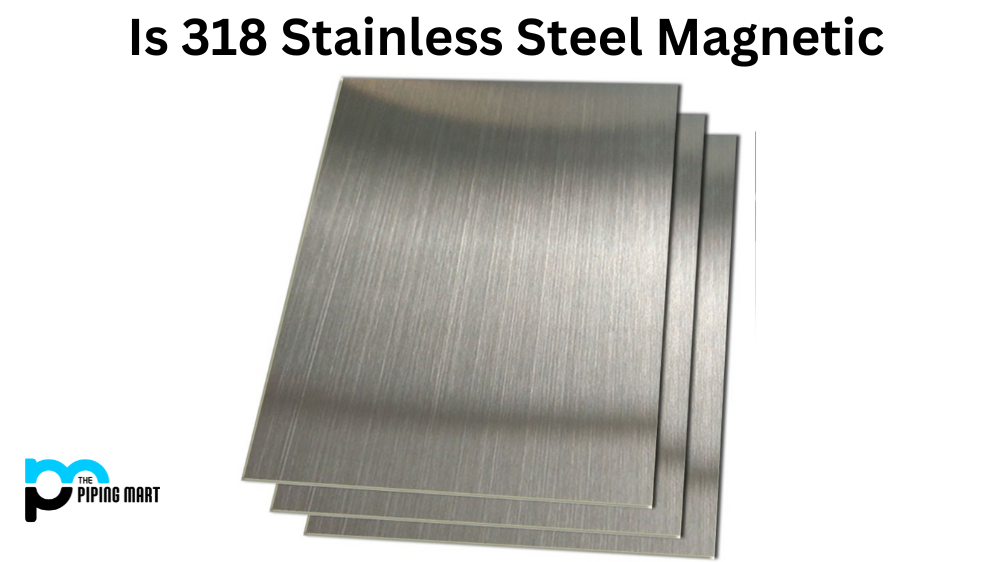Cast aluminium alloys are some of the most commonly used alloys in metalworking. From aerospace applications to everyday consumer products, this alloy is known for its high strength-to-weight ratio, corrosion resistance, and excellent castability. Let’s take a look at the composition, properties, and uses of cast aluminium alloys.
What is Cast Aluminium?
Cast aluminium is a metal alloy commonly used in manufacturing. It’s been around for centuries and has advanced significantly over the years. This alloy greatly surpasses non-ferrous metals in areas of strength, corrosion resistance, and working range. Cast aluminium is used mainly for construction applications such as railings, gates, and even furniture. Its lightweight yet durable strength makes it an incredibly popular choice for any project requiring a reliable metal alloy with superior properties to steel. Also, because of its malleability and affordability, it’s also become increasingly popular in automotive design. In terms of casting capabilities, cast aluminium can be formed into just about any shape or application needed while still being able to maintain its resistance to wear and tear or damage from exposure to harsh elements like water or salt air. Overall, cast aluminium is an exceptional material that offers manufacturers long-term durability with ultimate affordability.
Cast Aluminium Composition
Cast aluminium is quickly becoming a popular material for industrial and manufacturing applications. Its extremely low melting temperature, lightweight make-up, and corrosion resistance make it ideal for creating everything from automobile components to aerospace parts. It has a unique composition, as it is made up of 90% pure aluminium mixed together with silicon and magnesium in order to create an alloy that can be casted into various shapes while still keeping its strength and durability. Cast aluminium has been put to the test on some of the most ambitious projects going on today, proving to stand up to extreme temperatures and terrains. As more manufacturers take advantage of its properties, this remarkable metal is certain to play a larger role in shaping our businesses, homes and transportation systems for years to come.
Cast Aluminium Properties
Cast aluminium alloys are composed primarily of aluminum, with other elements such as copper, magnesium, silicon, zinc, and manganese added to improve their mechanical properties. Depending on the alloy type and production method used to produce it, cast aluminium can range from soft and ductile to hard and brittle. It also has a low melting point compared to other materials such as steel or iron. This makes it ideal for casting into complex shapes using standard foundry equipment. Additionally, cast aluminium is relatively lightweight compared to other metals, which makes it useful for applications where weight is a factor, such as aerospace components or automobile parts.
- Cast aluminium is a type of aluminums that is made by pouring molten aluminums into a mould.
- Cast aluminium is often used in the production of car parts and engine blocks due to its strength and durability.
- Cast aluminums is also used in the production of cookware, as it is an excellent conductor of heat.
- Cast aluminium is non-toxic and does not react with food or drink, making it safe to use for cooking.
- Cast aluminums is also recyclable, making it an environmentally friendly material.
- Some disadvantages of cast aluminums include its high cost and the fact that it can be difficult to work with.
Cast Aluminium Uses
Due to its high strength-to-weight ratio and excellent castability characteristics, cast aluminums is widely used in a variety of industries and applications. One example is aircraft manufacturing; because of its light weight and strength properties, many aircraft components are made from cast aluminium alloys, including wing struts or engine mounts. Automotive manufacturing is another common application for this material; car engines often contain several components made from cast aluminums, including pistons or cylinder heads, due to their lightweight yet high-strength properties, which make them ideal for use in engines operating under extreme conditions. In addition to these two industries, cast aluminium can also be found in appliances such as washing machines or dishwashers due to its ability to withstand corrosion caused by water exposure over time without corroding or degrading.
Conclusion:
Cast Aluminium alloys offer many benefits over traditional metals such as steel or iron due to their high strength-to-weight ratio combined with excellent corrosion resistance properties. These characteristics make them an ideal choice for a wide variety of industries, including aerospace manufacturing, automotive manufacturing and home appliance fabrication, among others. With its wide range of advantages over more traditional materials like steel or iron, it’s no wonder why Cast Aluminum continues to be one of the most popular materials used in metalworking today!

Abhishek is a seasoned blogger and industry expert, sharing his insights and knowledge on various topics. With his research, Abhishek offers valuable insights and tips for professionals and enthusiasts. Follow him for expert advice on the latest trends and developments in the metal industry.




